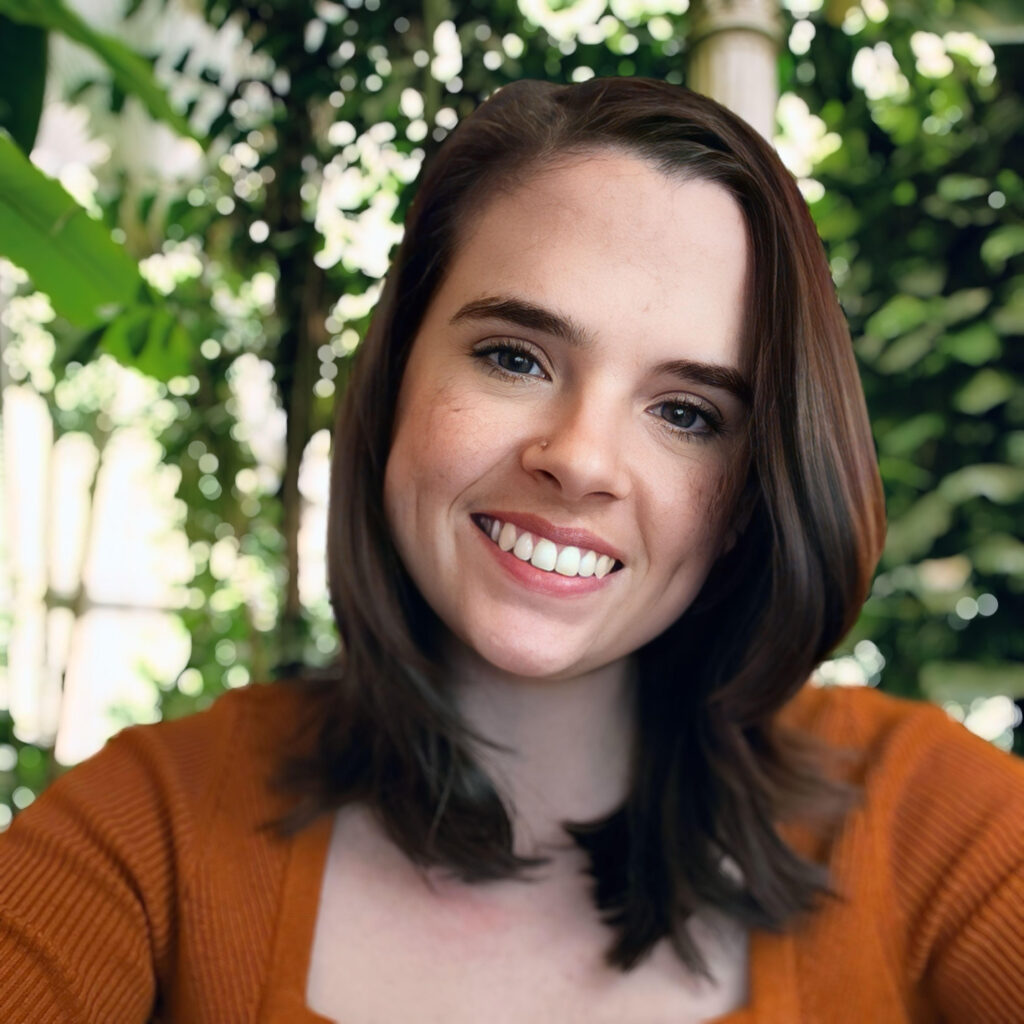
Lauren is a psychotherapist at Wildflower. In her clinical practice, Lauren draws on Acceptance and Commitment Therapy, Dialectical Behavior Therapy, Cognitive Behavioral Therapy, and Exposure Response Prevention. Lauren works with adolescents, adults, couples, and families experiencing stressful transitions including the transition to parenthood, anxiety, mood disorders, trauma, sexual challenges, and relationship challenges. Lauren has experience in addressing Obsessive-Compulsive disorder as well as other types of neurodivergence, and substance-use disorders. She obtained her master’s degree at Loyola University Chicago in Social Work. Read Lauren’s full bio here.
What inspired you to pursue a career as a psychotherapist?
I have always enjoyed helping others. However, my interest in pursuing a career as a psychotherapist began to develop during high school. I was fortunate to have a school social worker who was incredibly supportive and able to advocate for me during a challenging period when I was struggling to do so myself. This experience inspired me, and I realized I would love to have the opportunity to support others in similar ways.
As a psychotherapist, what part of your job is most satisfying?
I believe the most rewarding aspect of my role is being a trusted support for individuals as they prioritize their well-being. I find great fulfillment in witnessing their positive transformation as they progress on their healing journey.
How would you describe your therapeutic approach?
I would describe my therapeutic approach as grounded in the understanding that there is no “one size fits all” solution. This means that I develop effective treatment plans through collaboration with the individual, fostering a strong therapeutic relationship, and employing a strengths-based, holistic perspective. With this foundation, I utilize a range of evidence-based modalities, including CBT, ACT, DBT, and ERP, tailored to the specific needs and input gathered from each client.
Why do you believe that psychotherapy can help?
I have observed that it benefits many individuals. However, for therapy to be successful, the client must be willing to commit and actively participate in the process.
What are some of your specialties and what drew you to them?
I am passionate and committed to working with OCD and related disorders. My interest in this area was influenced by recognizing the gaps in knowledge and support currently available. OCD is a complex condition that represents a persistent reality for those affected, rather than a personal preference as often depicted in the media. It is one of the most stigmatized and frequently misdiagnosed mental health disorders, partly due to its complexity, with many individuals not receiving a diagnosis until their mid-20s to 30s. One of my goals is to continue educating myself, other professionals, the general public, and those experiencing OCD-related challenges. As a mother myself, I am also deeply passionate about supporting individuals experiencing perinatal mood and anxiety disorders, as well as exploring the significant identity shifts and developmental changes that parenthood entails.
What is one thing about psychotherapy you wish everyone knew?
It is not about offering advice but rather about providing education, support, and creating opportunities for the client to build confidence in themselves and their decisions.
What is your motto or personal mantra?
Everything that has happened before has led us to where we are today.
What are your favorite self-care activities?
Spending time with family, listening to music (especially country music), songwriting, and binge watching Law and Order SVU and Criminal Minds.

